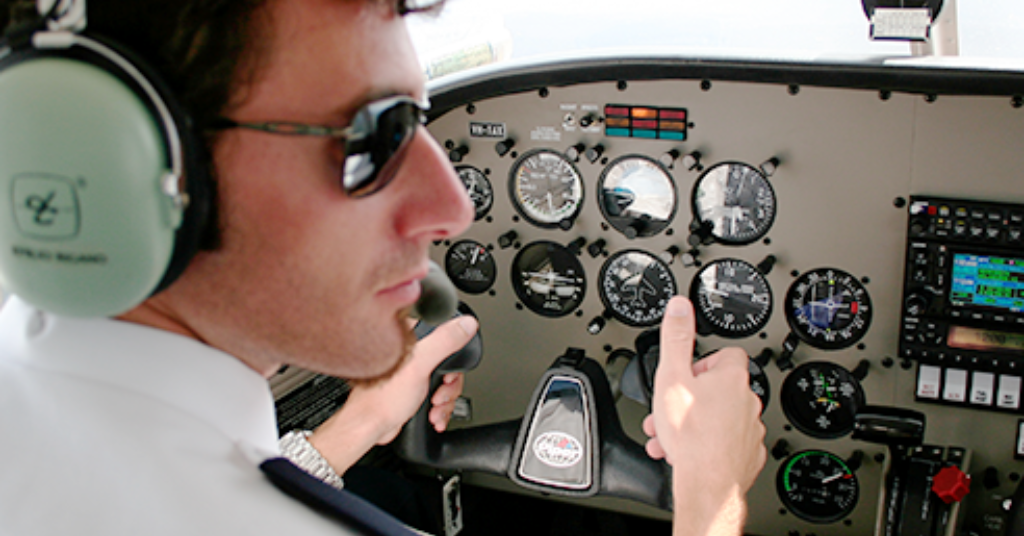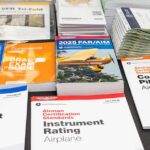I have never met anyone who started learning a new skill with the goal of being mediocre. Usually, when people learn new skills, they are “all in.” That is, they want to learn anything and everything about their newfound skill.
Aviation is no different. People have been getting the flying bug for over a hundred years. In order to scratch the itch, they find someone who has an airplane and is willing to teach them everything they know. This part of the story has not changed since the Wright brothers built their first airplane.
What has changed since then is what people can do with their airplanes. While airplanes have become safer since the Wright Flyer, they have also become more complex. Engines, systems, avionics, and more have led to faster and higher flying airplanes, all within the realm of general aviation.
Starting out as a student pilot, you learn the first steps of taming your new steed. The four fundamentals of flight, along with landings, cross-country flights, and ground reference maneuvers lead you to a comfort zone of being considered a “pilot in command.”
You may decide to fly a little on your own and enjoy your new certificate and all of the privileges it brings to you. Inevitably, you will look up one day and see a sky full of clouds and realize you need something more. You need an instrument rating. You put in the effort and time and earn your instrument rating. It doesn’t take long to realize that you are now flying the airplane with a little more precision and skill than you did when you were only a private pilot. You and your passengers are safer and more comfortable as you fly through the clouds with precision and confidence. Your GPS is doing its thing, the autopilot is coupled to the GPS, and it is calm and relaxed in the cockpit. The airplane hasn’t changed; you have. You made yourself better by learning more skills.
Now what? You don’t want to be an airline pilot, nor do you want to become a flight instructor. So why should you consider earning your commercial pilot certificate? The answer is simple. A commercial pilot certificate does not prepare you to fly for compensation or hire; it allows you to fly for compensation or hire. You may ask yourself, “What is the difference?” The difference is that the training you receive for your commercial pilot certificate makes you a better, more confident pilot. During this training, you are taught to fly your aircraft close to its limits. We teach you how to perfect performance takeoff and landings, and we teach you to deal with the crosswinds you have only read about in your books.
It is because of these “precision” skills that the FAA grants you permission to fly for compensation or hire. You have proven to be a competent pilot in command who can exercise substantial control over your airplane. This is also why many insurance companies offer discounted premiums to pilots with a commercial pilot certificate.
In conclusion, you should consider earning your commercial pilot certificate because it will challenge you to become a better, safer and more competent pilot.










